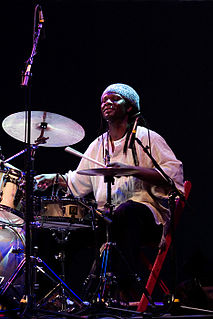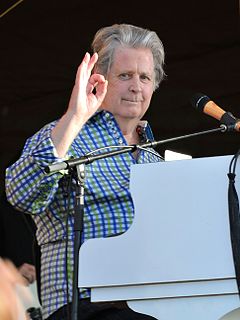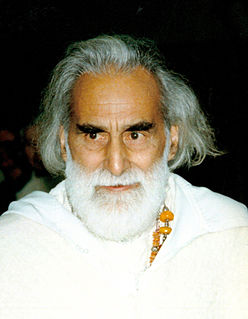A Quote by Salvador Dali
When the creations of a genius collide with the mind of a layman, and produce an empty sound, there is little doubt as to which is at fault.
Related Quotes
Later as the day cools and they have gone in, the cry of the corncrake will carry across those same fields and over the lake to the blue-hazed mountain, such a lonely evening sound to it, like the lonely evening sound of the mothers, saying it is not our fault that we weep so, it is nature's fault that makes us first full, then empty.
The practice of Zen mind is beginner's mind. The innocence of the first inquiry—what am I?—is needed throughout Zen practice. The mind of the beginner is empty, free of the habits of the expert, ready to accept, to doubt, and open to all the possibilities. It is the kind of mind which can see things as they are, which step by step and in a flash can realize the original nature of everything.
In Japan we have the phrase, "Shoshin," which means "beginner's mind." Our "original mind" includes everything within itself. It is always rich and sufficient within itself. This does not mean a closed mind, but actually an empty mind and a ready mind. If your mind is empty, it is always ready for anything. It is open to everything. In the beginner's mind there are many possibilities; in the expert's mind there are few.
Surely, it is only when the mind is creatively empty that it is capable of finding out whether there is an ultimate reality or not. But, the mind is never creatively empty; it is always acquiring, always gathering, living on the past or in the future, or trying to be focused in the immediate present: it is never in that state of creativeness in which a new thing can take place. As the mind is a result of time, it cannot possibly understand that which is timeless, eternal.
With ordinary men the moments which are united in a close continuity out of the original discrete multiplicity are very few, and the course of their lives resembles a little brook, whereas with the genius it is more like a mighty river into which all the little rivulets flow from afar; that is to say, the universal comprehension of genius vibrates to no experience in which all the individual moments have not been gathered up and stored.
As for myself: I had come to the conclusion that there was nothing sacred about myself or any human being, that we were all machines, doomed to collide and collide and collide. For want of anything better to do, we became fans of collisions. Sometimes I wrote well about collisions, which meant I was a writing machine in good repair. Sometimes I wrote badly, which meant I was a writing machine in bad repair. I no more harbored sacredness than did a Pontiac, a mousetrap, or a South Bend Lathe.





































